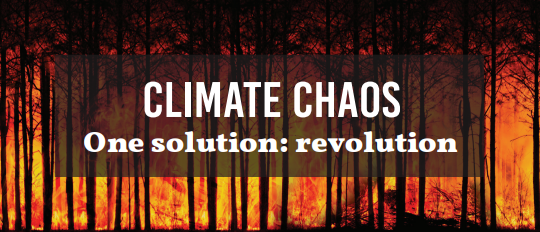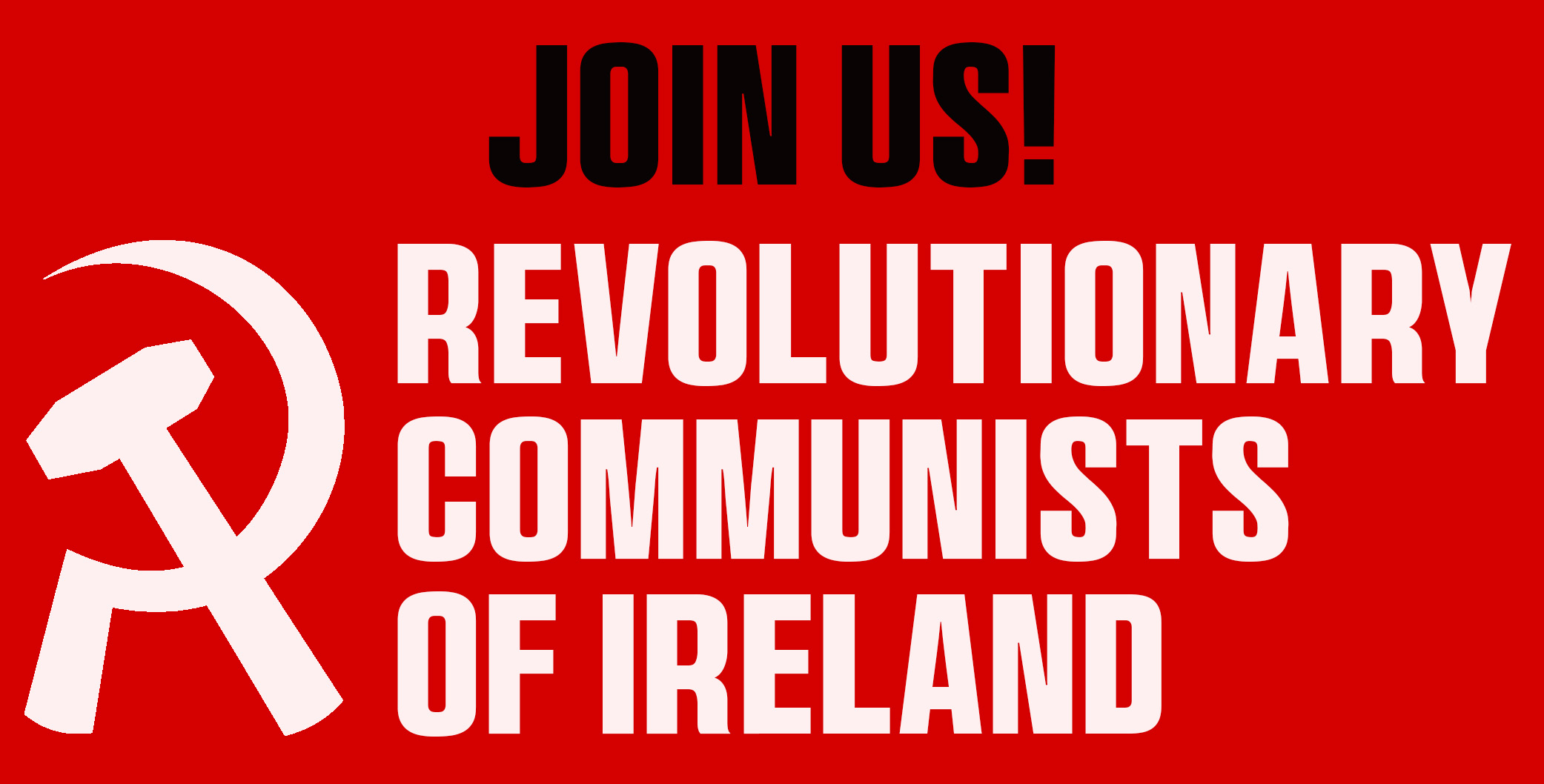2022 marked Ireland’s warmest year since records began. This is not an isolated phenomenon – the years since 2015 have been the Earth’s eight warmest years on record. The terrifying consequences of the climate crisis that have afflicted the so-called ‘Third World’ have also come back to bite western countries, with this summer’s wildfires in the EU scorching a total area larger than the size of Belgium. These kinds of climate catastrophes now occur on a yearly basis.
The need to eliminate worldwide emissions grows more urgent – yet nothing seems to be changing. Contrary to modest targets of ‘legally-binding’ climate change plans such as the Paris Agreement, greenhouse gas (GHG) emissions levels are actually increasing, last year being the highest ever recorded.
Some models predict that without reducing GHG emissions, the Earth could warm by 8°C (since 1850 levels) by 2100, which would make the planet virtually uninhabitable. Even the most unrealistically optimistic predictions of 2°C by 2060 would pose a threat to the lives of over half of the human race through heat and humidity levels. This is not a crisis for future generations – this is happening now.
The government leaders at this year’s COP28, and the oil baron appointed to preside over it, will no doubt create a stir about the need for effective climate solutions. The technology needed to implement effective solutions – such as the decarbonisation of energy grids, sustainable transport systems and energy efficiency measures – already exists, but is passed over for more profitable and highly damaging approaches. Despite the outcry about ‘lying’ politicians and businessmen by the UN Secretary-General, António Guterres, the blame for this does not lie with corrupt individuals, but with the laws of the capitalist system itself.
Under capitalism, commodities are created for a chaotic market, with the intention of creating profit for the handful of capitalists that own the means of producing goods and services in society. New technology must prove profitable to these capitalists before it can find widespread application. This is illuminated in a report by Columbia Climate School, which states carbon capture technology could be “transformational”, but only “if we had genuinely marketable products using CO2” – the needs of the many are ignored for the profits of the few.
The cut-off of the Russian gas supply in response to European sanctions and the resulting 6% rise in EU coal burning has exposed another issue. The nation-state forms a barrier to solving the climate crisis, as each government serves the interests of its own ruling class. Far from global unity on a global issue, these states are constantly at each other’s throats, in fierce competition for domination over world markets. And as global warming worsens, the ruling classes of the West are stirring up nationalist sentiment, using it to turn layers of the working class against those displaced by climate change.
With millions taking to the streets in climate protests, the workers and youth are realising the necessity of taking matters into their own hands. But without a revolutionary working-class party at the head of the movement, ideas that shift the blame off the system and onto the shoulders of individuals, still have widespread influence. Despite their best intentions, the actions of individuals – veganism, recycling, reducing travel – cannot come close to counterbalancing the emissions of the 100 companies responsible for over 70% of emissions.
The problem must be tackled at its root in production, not in the field of individual consumption. Production for profits on the market must be replaced by production for human needs based on a rational plan. This task cannot be carried out by the capitalists, nor their cronies in government, who after all will not be the ones facing the worst effects of the crisis. Only through the democratic control of the working class over the economy, attained through widespread revolutionary action, can this planning be carried out.
Through the socialist revolution – which will be accomplished by the conscious participation of the masses, led by the most advanced layer of the working class and youth organised in the revolutionary party – the majority in society can finally take the necessary steps to curb the effects of climate change.
Far from being able to bring society forward, the continued existence of Capitalism will throw society into unimaginable barbarity. The task of revolution has never been so important. Our planet is at stake. As the great revolutionary Rosa Luxemburg put it “In this hour, socialism is the only salvation for humanity… socialism or barbarism!”




